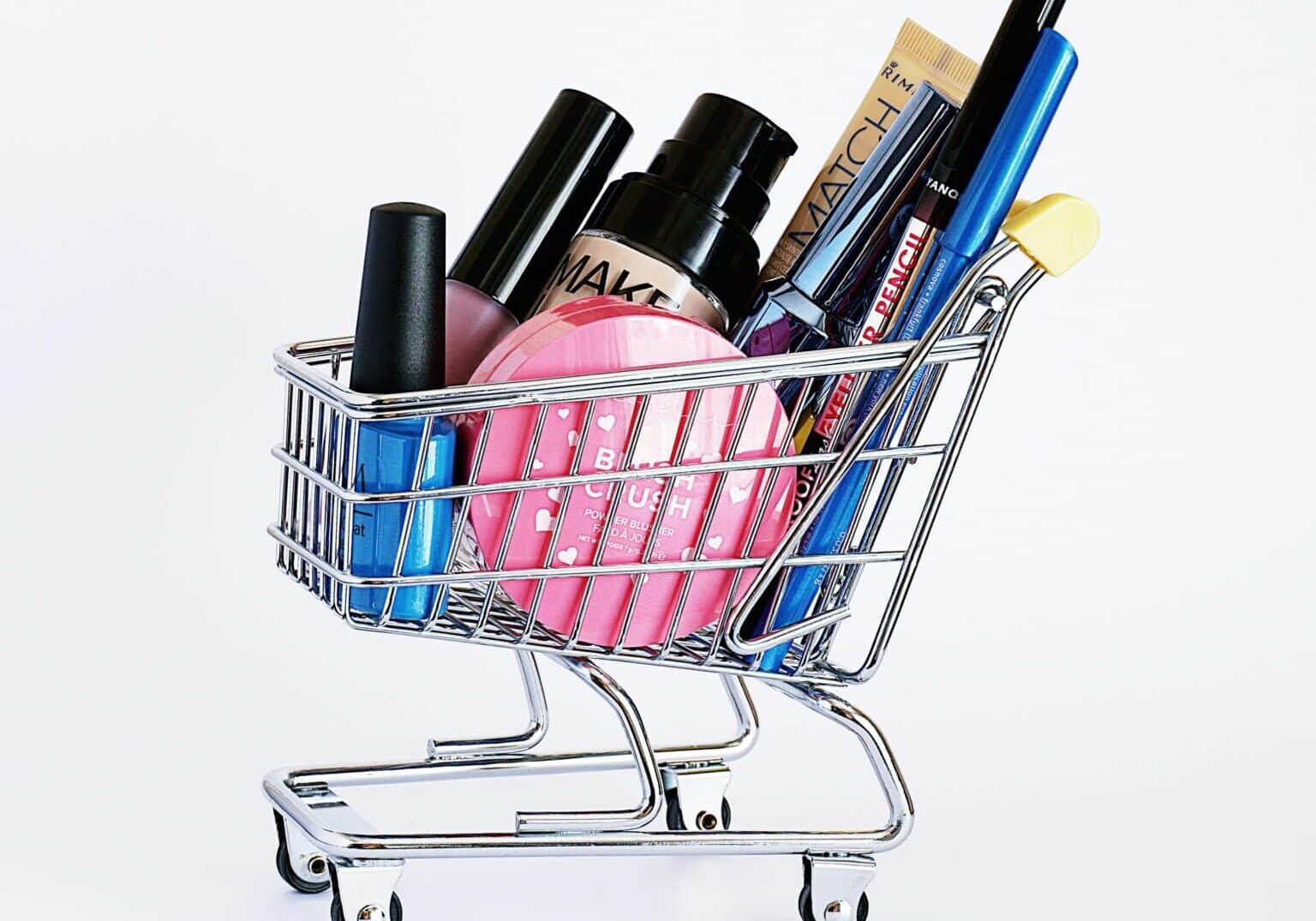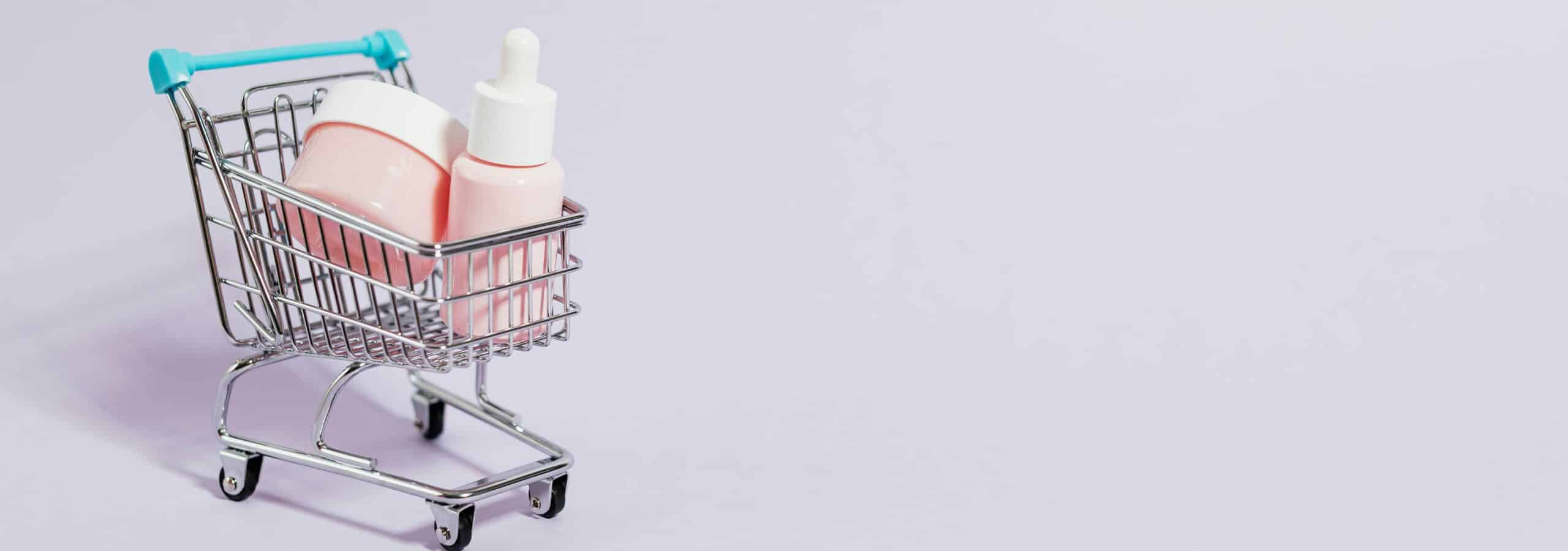Are my products covered under product liability insurance coverage? 6 FAQs
Last Updated: March 3, 2025

Gentle instrumental music plays and the subtle aroma of lavender fills the air as a massage therapist gives a new client a relaxing massage. With a few pumps of massage oil from her custom glass bottle (embossed with her logo, of course), the therapist kneads, glides, and stretches her client’s tension away. As the client occasionally murmurs a soft “That feels amazing,” between techniques, the masseuse feels proud to be providing such a great service.
That is, until the rash starts. It’s barely noticeable at first—a faint redness that could have been from the pressure. But as the massage continues, the therapist watches her client’s back become more inflamed. The rash spreads in uneven patches, small bumps and even welts forming on parts of the skin. By now, the client is complaining of an itching, prickling sensation.
The therapist does her best to tend to the rash. But after the client leaves, the allergic reaction blisters and becomes intensely more bothersome. It turns out, the client didn’t just have an allergic reaction as a fluke; the massage oil the therapist used had a manufacturing defect and was recalled.
The client sued their massage therapist, arguing the massage oil gave them the reaction and it was the therapist’s fault for using it. The therapist had insurance coverage—but it wouldn’t cover the claim.
Why didn’t the massage therapist have product liability insurance coverage? What is product liability insurance? And what can you do to avoid similar declinations of coverage against your massage or beauty business?
Read these six frequently asked questions about product liability insurance coverage to find out.
What is product liability insurance?
Bodily injury and property damage arise not just from your actual services, but also from the products you use. Product liability insurance is coverage that protects you and your business from these claims.
As a massage therapist, you might need insurance for products like massage creams, oils, tables, accessories, and even cleaning solutions. Other beauty professionals may need beauty product liability insurance for:
- Hair products, including shampoos, conditioners, hair dye, scissors, clippers, irons, and dryers.
- Skincare products, like cleansers, exfoliants, lotions, moisturizers, wax, extractors, and steamers.
- Nail products, including polishes, brushes, buffers, and bowls.
- Makeup products, like foundation, blush, mascara, brushes, and eyelash extensions.
Even basic salon supplies, like cotton balls, towels, gloves, capes, and robes, may be covered under your insurance for product liability.

Who needs it?
You might be wondering: Do I need product liability insurance? Is product liability insurance required?
You are not required by law to buy product liability insurance coverage. There are a few exceptions, like to fulfill requirements for a lease. But even if product coverage isn’t mandated, it’s a wise thing to have.
As a beauty professional who uses products and equipment to serve your clients, you should have product liability insurance. If you don’t, and you get a claim from a defective product or product-related damages, you risk paying for steep defense costs and settlements on your own. If you run a small business, affordable product liability insurance can provide peace of mind and save you money.
What does product liability insurance cover?
Product liability insurance coverage helps with related to:
- Design flaws or manufacturing defects leading to the product being unsafe.
- Inadequate warnings about the product and its potential toxins or side effects.
- Harm a client suffers if you use a product incorrectly.
- Products you sell to the client to use at home.
But buyer beware: Product liability insurance doesn’t cover everything. Our product liability insurance coverage is NOT for products you manufacture.
Now, you may think manufacturing a product means creating the product from scratch yourself or in a factory. But insurers have a broader definition. If you relabel, privately label, enhance, or alter a product in any way, you become a manufacturer. Even putting the product in a different bottle—like the massage therapist in our intro—or adding your logo sticker to the bottle is altering the product, thereby making you its manufacturer. That’s why the therapist didn’t have product liability insurance coverage for the client’s allergic reaction. By changing the bottle the oil came in, the therapist sacrificed their coverage.
Planning on manufacturing products or already are? Be sure you get product liability insurance for manufacturers.
Is product liability insurance included in general liability policies?
Yes, product liability insurance is typically part of your general liability insurance coverage. To verify, check your policy or ask your broker.
How much product liability insurance do I need for a small business?
How much product liability insurance you need depends on your services and your risk tolerance. The less products you offer and the less customers you serve, the less likely you’ll be to get a claim. Additionally, the less comfortable you are with possibly losing money or facing claims alone, the more insurance you’ll want to carry.
Here at WellnessPro, we offer two amounts of coverage: up to one million dollars a year and up to two million. Those coverage options are called your aggregate limits. If you have any more questions about insurance amounts or limits, feel free to contact us.
How much does it cost? How do I get it?
Here at WellnessPro, we include small business product liability insurance with our general and professional liability policies, which start at $139 per year. To purchase coverage, simply fill out our 10-minute application.
